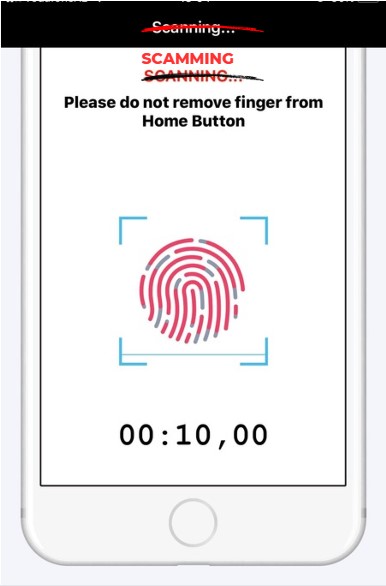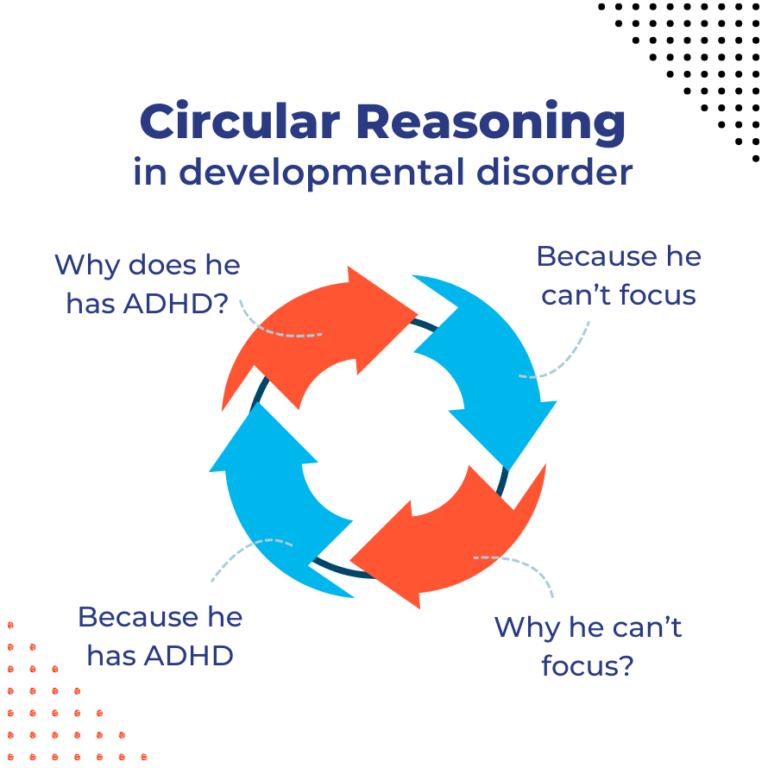What is STIFIn Test?
In Indonesia, the STIFIn test is a well-known example of fingerprint-based intelligence assessment. It claims to categorize individuals into five “intelligence machines” and nine personality types, supposedly revealing each person’s natural learning style, career potential, and even compatibility in relationships. With promises of high accuracy and a lifetime-valid result, it’s no wonder the STIFIn test has captured the attention of parents eager to understand their child’s potential.
Can Fingerprints Really Measure Intelligence? Here’s What Science Says
Fingerprints develop in the womb, yes, but they have about as much connection to your intelligence as your freckles or toenails do. These patterns don’t encode personality or cognitive abilities. Yet, in South and Southeast Asia, dermatoglyphics-based intelligence tests like STIFIn have gained traction, often endorsed by influencers, educators, and even some public figures.
But scientific research tells a different story. Leading mental health and scientific organizations, like the Indian Psychiatric Society (IPS), have denounced Dermatoglyphics Multiple Intelligence Tests (DMIT), the basis of tests like STIFIn. In 2019, the IPS issued a public statement highlighting the lack of evidence supporting these tests and categorically advising against their use for intelligence assessment. The consensus in the scientific community? Fingerprints are irrelevant when it comes to measuring intelligence. In Indonesia, Prof. Sarlito, a prominent and key figure of Indonesian psychology, has analyzed and strongly criticized fingerprint intelligence.
A Brief History: Humanity’s Search for “Signs” of Destiny
The belief that physical traits like fingerprints or facial features could reveal intelligence or destiny isn’t new. Here’s a look at a few prescientific practices that once held sway over people’s beliefs:
- Palmistry: Also known as chiromancy, this practice interprets the lines on the hand to reveal aspects of personality and predict the future.
- Phrenology: In the 19th century, people believed that the shape of one’s skull reflected personality traits and intellectual potential. Though completely debunked, phrenology had a huge following for decades.
- Physiognomy: Going back to ancient Greece, this practice claimed that facial features could reveal a person’s character and temperament.
While these ideas may seem outdated or even humorous today, they reveal a longstanding human tendency to seek physical signs of destiny.
Why Do People Still Believe in the STIFIn Test?
Why are tests like STIFIn still so popular despite the lack of scientific support? The reasons are rooted in human psychology, social influences, and even economic interests. Here’s a breakdown:
- Fear of the Unknown
Parenting is filled with uncertainties, especially when it comes to children’s futures. When a test claims to provide answers about a child’s natural talents and life potential, it’s incredibly tempting for parents to believe in it, even if it lacks scientific validation.
- The Business of Easy Answers
Tests like STIFIn are profitable. They’re easy to market, simple to administer, and don’t require in-depth scientific training. Their appeal lies in offering what seems like a quick, definitive solution to complex questions about intelligence and personality.
- A Badge of Authority for Practitioners
Some “experts” build their professional identity around these tests, positioning themselves as holders of exclusive knowledge. This gives them an air of authority and provides them with a niche market of clients seeking guidance based on “scientific” insight.
- Convenient Explanations for Academic Struggles
For certain educational institutions and professionals, tests like STIFIn offer a way to sidestep accountability. When a child struggles in school, pointing to a “genetic” or “biological” reason can be more appealing than addressing systemic or teaching challenges.
The Real Key to Your Child’s Potential? It’s Not Their Fingerprints
The truth is, intelligence and personal development are shaped by a mix of education, experiences, motivation, environment, and genetics. But your child’s fingerprints have nothing to do with it. Buying into dermatoglyphics to understand intelligence is as misguided as believing that star signs can predict career success.





